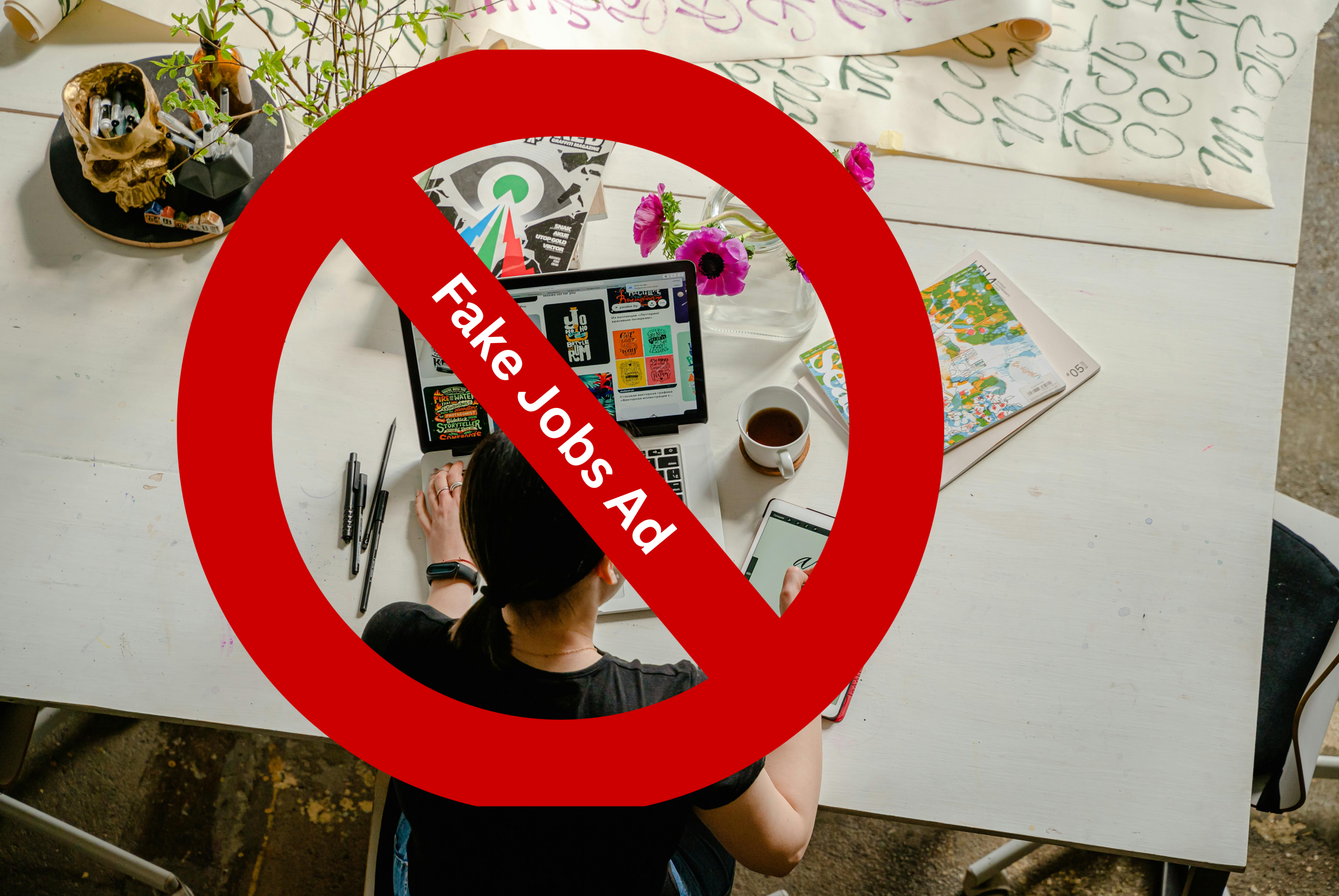So, you got that letter.
“You are required to attend a disciplinary hearing…”
Yeah. That one.
Your stomach drops. Hands maybe shake a little. You start replaying everything. What did I do wrong? Was it that late report? That argument?
Relax. Deep breath.
A disciplinary hearing isn’t the end. It feels like it. But it’s not. It’s actually a process—meant to be fair. You have rights. A lot more than you probably think.
Let’s unpack this. Simply. No fluff. No legal mumbo jumbo. Just real talk about your rights when your job’s on the line.
What Is a Disciplinary Hearing, Really?
Alright. So picture this.
You’re at work. Something went sideways. A mistake. A complaint. Maybe even just a misunderstanding. Management says, “We need to talk.” But officially. That’s when the hearing comes in.
It’s not a courtroom. Not exactly. But it can feel like one.
The point? It’s a formal process where they present what you allegedly did wrong. And you get a chance to respond. Your side. Your version.
It’s not punishment. Not yet. It’s a process first. Meant to be fair.
Right to Be Informed in Advance
Let’s start here.
They can’t just grab you out the hallway and toss you into a hearing. That’s not how this works. You have a right—yes, a right—to proper written notice.
And not some vague email. It must clearly say:
- Date, time, place of the hearing
- What you’re being charged with
- That you can bring someone with you
If that letter looks shady or half-done? Say something. Ask for a proper one. You’re allowed to know what you’re walking into.
Right to Prepare Your Case
No surprises. That’s the law.
You’re allowed time to prepare. A day or two, maybe more. Depends how serious the charge is. They must give you the evidence. Any documents. Witness names. Everything they plan to use against you.
You? You get to prep your story too. Print stuff. Talk to witnesses. Write down what happened.
You’re not a robot. You need time. That’s fair.
And if they rush you? You ask for more time. Don’t be scared. That’s your right.
Right to Representation
You don’t have to face it alone.
You can bring someone. Not your lawyer, usually. But a fellow worker. Or your union rep if you’re in one.
This person can take notes. Talk for you if nerves get you. Even cross-question.
And don’t let anyone tell you you can’t have a rep. That’s not just wrong. It’s illegal.
Even if it’s just your buddy from finance—you still have someone by your side.
Right to Be Heard
You’re not just there to listen. You’re there to speak.
You get to hear the charges. The evidence. The witnesses.
And then? You get to talk. Defend yourself. Ask questions. Explain things.
Tell your side. What really happened. How it went down. Maybe you made a mistake—but you’re human. Maybe it wasn’t your fault at all.
Your story matters. Say it loud. Say it clearly.
This part? It’s yours.
Right to a Neutral Chairperson
Here’s a tricky one. But super important.
The person running the hearing? The chairperson? They can’t be your boss’s best friend. Or the one who investigated you.
They need to be fair. Neutral.
If you feel the chairperson is biased? Speak up. Before it starts.
You have the right to a fair hearing. That means no side-eyes, no favorites, no hidden agendas. Just fairness.
Right to an Interpreter (If Needed)
Not everyone’s first language is English. Or Afrikaans. Or isiZulu.
If the language makes things confusing, you’re allowed to ask for an interpreter.
It’s not a favor. It’s your right. You need to understand what’s being said. Clearly.
No shame in asking.
Right to Privacy
This hearing? It’s not public. Not gossip material for the office.
Only people involved should be in the room. You. Your rep. The chairperson. HR. Witnesses when it’s their turn.
No one else.
If the topic’s sensitive? You can ask for extra privacy. Especially if it’s personal stuff.
No eyes. No whispers. Just the people who matter. That’s how it should be.
Right to Appeal or Refer to the CCMA
Let’s say things don’t go your way.
You get a final warning. Or worse—you’re dismissed.
That’s not game over.
You can appeal internally if the company allows it.
Or you can go to the CCMA. And you should.
Dismissals? You have 30 days to refer to the CCMA. Warnings? You have 90 days.
The CCMA isn’t a courtroom. It’s a place where workers and employers talk things out. Mediate. Sometimes even arbitrate.
It’s free. And it’s built to protect workers like you.
When Things Go Off Track
Now imagine this:
They call you in. Give you 10 minutes’ notice. No letter. No evidence. No rep.
That? That’s not a hearing. That’s a setup.
The law cares about procedural fairness. If they skip the process—even if the reason for disciplining you is strong—it’s still wrong.
The chairperson must be fair. The charges must be clear. You must get to speak.
Mess up the process, and they mess up the outcome.
Tips to Handle a Disciplinary Hearing Like a Pro
Quick tips. Burn these into your brain:
- Read the notice carefully.
- Ask questions if confused.
- Bring someone. Always.
- Prepare your notes.
- Be calm. Even when upset.
- Don’t be rude or aggressive.
- Take your time. Speak slow.
- Keep record of everything.
It’s not about winning. It’s about fairness. You deserve that.
Common Mistakes Employees Make
Some folks panic. Others freeze. Here’s what to avoid:
- Don’t skip the hearing unless you have a solid reason—and proof.
- Don’t shout. Don’t fight. Keep it professional.
- Don’t lie. Lies fall apart. Fast.
- Don’t assume you’re finished if they dismiss you. You still have options.
Real Story: Themba’s Hearing
Themba worked in logistics. One morning, a package vanished. Just gone.
They pointed fingers. At him.
Next day—boom. Disciplinary letter. Hearing in 24 hours. No documents. No evidence.
The chairperson? Same guy who accused him.
He got dismissed.
But Themba took it to the CCMA.
Verdict? Unfair dismissal. Process was flawed.
He got compensation.
Why? Not because he was innocent. But because the process failed.
That’s how important your rights are.
Conclusion: You Have Power Too
Here’s the truth.
When that letter hits your desk, it feels like the floor’s falling. But don’t crumble.
You have rights. Real ones. Backed by law.
You deserve fairness. A voice. A chance.
So, when the hearing day comes? Show up. Prepared. Calm. Strong.
Not just to save your job. But to demand dignity. Because you matter. And your rights? They matter too.








